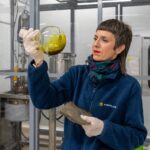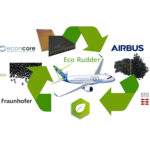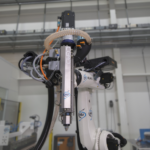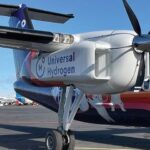The inauguration of this 18 m long production line is a milestone in Wing project. Starting in 2017, this partnership lead by IRT Jules Verne in collaboration with Airbus, Fives Machining and Loiretech aims to evaluate the ability of textile technologies to meet production rates of 5-6 times higher for the aeronautics industry for large scale parts and complex geometry.
Composites for aeronautical applications have been developed for several decades and their implementation has been largely mastered. It is wide-body aircraft, performance-oriented programs that have led to an increase in the use of composites in aero-structures.
Thus, the designs, processes and means of implementation developed correspond to this field of application. In fact, the state of the art int the manufacture of composite structures cannot be transposed in this as-is state to production rates of 5 or 6 times higher.
The objective of this project is to evaluate the ability of textile technologies to meet high production rates of the aeronautics industry for large scale parts and complex geometry. Research activities include : preform architecture, tooling concepts and automated textile layup line.
Innovative features
- Innovative textile architectures. Feasibility to be proven with a range of scale 1 trials.
- Design and installation of an automated textile line.
- Design of innovative tooling and definition of injection principles in order to reduce injection time and investments.
Industrial application
The project aims to check technical and economic viability of high performance aeronautics structure within a high cycle time and low cost. Results of the study will be transferred to wind or automotive industries.
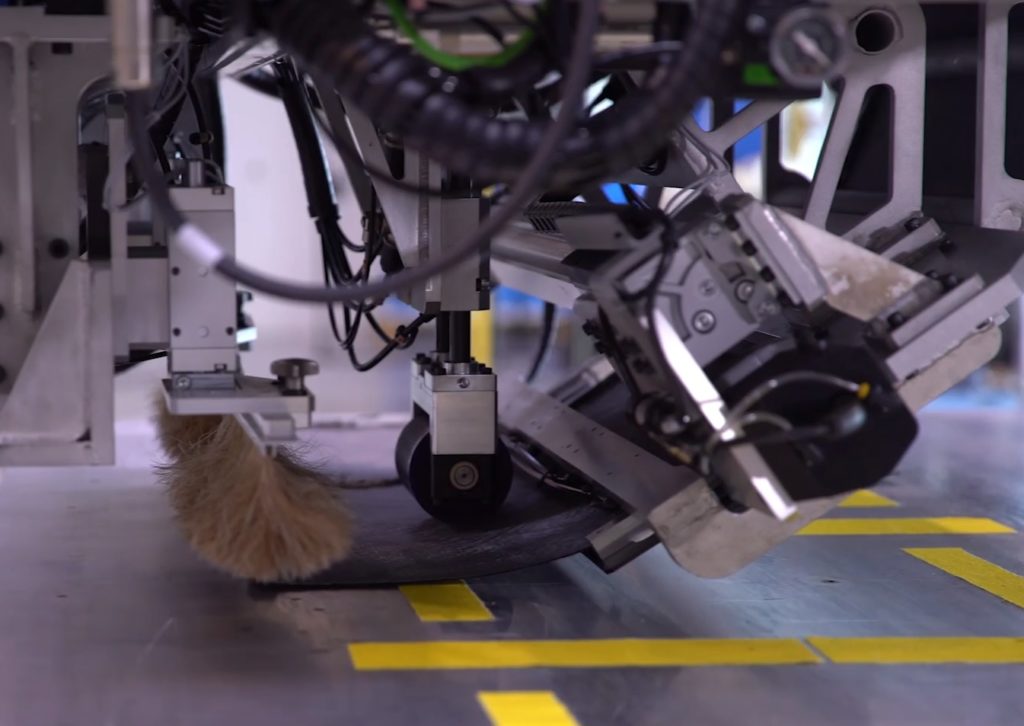
Source : www.irt-jules-verne.fr; jeccomposites.com



